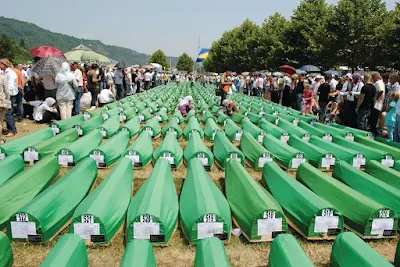"Gula Sor" ("Red Flower" in Kurdish) is a song by Ciwan Haco about the Kurdish lives lost to the wars and oppression in the Middle East, and in particular, Iran, Iraq, Syria and Turkey. Kurds have a legend about the red flowers that decorate various places in the mountains and hills of the geographical region of Kurdistan and that, in some cases, grow during all four seasons. The legend goes that the flowers get their color from the blood of the Kurdish martyrs. The song is dedicated to these martyrs and describes the flowers as a memory of their simple human desire for freedom and the love that they and all people have for their native lands.
For the past five centuries the Kurds of Central Asia have been forced to live under oppressive regimes and to seek refuge out of their traditional homeland. The oppression the Kurds have experienced, combined with the suppression of their language has led many of them to believe that they are among the most hated peoples of the world. The Kurdish proverb, “Kurds have no friends,” expresses that sentiment. Despite the suffering the Kurds have endured, they remain a culturally distinct people.
Ciwan Haco born in 1957 near Qamishlo in Syria. He is a descendant of the Kurdish noble famaly, Haco Agha, from the district of Mardin. As a result of repression after the rebellion of Shaikh Said 1925, the family left the region of Mardin. They settled down in Ciwans Birthplace .
After finishing high school, he left for Germany in order to continue his studies. He studied music at the University of Bochum for three years. He is now residing in Sweden.. He is most famous for successfully combining traditional Kurdish music with modern jazz, rock, pop and other genres. His earliest work consists of traditional Kurdish songs and songs about love and social and political hardships that Kurds have endured in the Middle East.In his songs, he has repeatedly expressed with pride that he is closely linked with the suffering and struggle of his people in Kurdistan. Very popular with the Kurdish diaspora as well as with the Kurdish people in Kurdistan. He has played many concerts across Europe.
"Gula Sor" is from one of Ciwan Haco's earlier albums and is performed in a Kurdish language called Kurmanci, which is spoken by the majority of Kurds.
Kurdish/ Kurmanci Lyrics
Hay gula sor, hilbû jor, bîn da dor
gula sor, gula sor
li paş çiyayê kaf şîn bû
alem jêre evîn bû
bi me xweş, da me heş
em bi bîna wê sermest
emê pê şa bin serbest
hey gula sor, hilbû jor, bîn da dor
gula sor gula sor
hay gul, gula sor gul
gul gula sor, gula sor gula sor
nezanîn, xemrevîn, xemilîn
pê zemîn
gula bi kelemê di nav baxê îrema
hey gula sor, alem li dor
bicivin û bînbikin dor bi dor
hey gula sor, hilbû jor, bîn da dor
gula sor gula sor
hay gul, gula sor gul
gul gula sor, gula sor gula sor
English Translation - Red Rose
Hey red rose, grew high and spread its smell around
Red rose, red rose
Your place is behind the Kaf mountain
The world fell in love with it
Is a source of enjoyment for us and brought us to a reason
With its smell we became ecstatic
We found life and became free
Hey red rose, grew high and spread its smell around
Red rose, red rose
Hey red rose, red rose
Rose red rose, red rose, red rose
Ignorance, comforter and smartened itself up
On this earth
Branchy rose in the Garden of Eden
Hey red rose, wrapped all around
Come together and smell it all around
Hey red rose, grew high and spread its smell around
Red rose, red rose
Hey Red rose, red rose
Rose red rose, red rose, red rose





